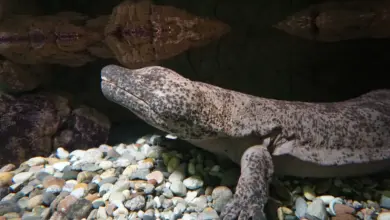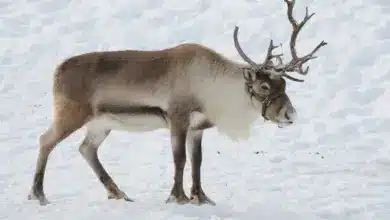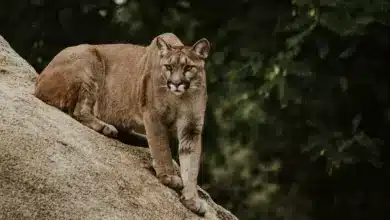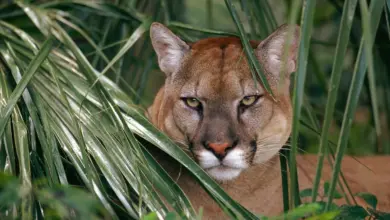Over the past week, hundreds of birds oiled in the Gulf spill have begun rolling into rescue centres, most of them in Louisiana. A number of All About Wildlife.com readers have asked how they can help, and we turned to Eliza Russell, a volunteer coordinator for the National Wildlife Federation, for the latest information. According to Ms Russell, officials are looking for helpers—especially people with experience caring for sick and injured creatures.
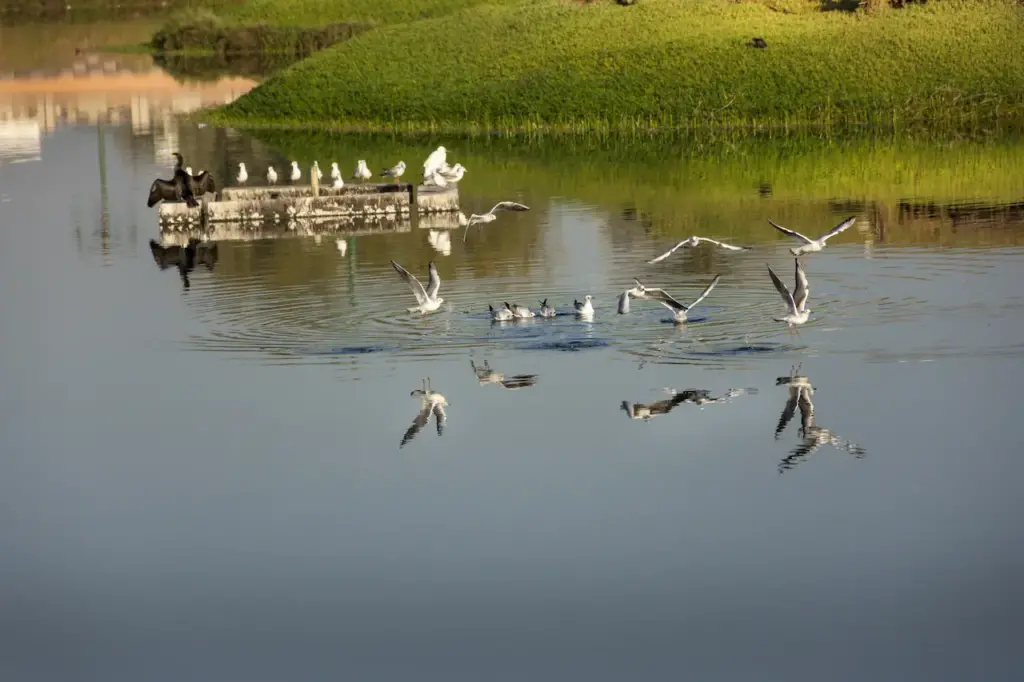
Aiding Birds And Animals Affected By The Oil
Ms. Russell writes (all emphasis is ours):
“This is a response that we are providing to individuals who are specifically looking to help wildlife—especially rescue or clean. As you know, working with wildlife, especially if they are in distress, requires specific skills and training. Individuals with the skills and training (especially certification) should register with NOAA (the National Oceanic and Atmospheric Administration) and Tri-State Bird Rescue & Research through the hotline. They have received a great response from individuals with the training and are utilizing these folks first.”
[The Deepwater Horizon Response Volunteer Request Line (hotline) number is 1-866-448-5816. Please be aware that if you do not have specific training or certification to work with birds or animals, they might not be ready to accept you as a volunteer. However, even if you don’t have training, but you are a local person living on the Gulf Coast, there might be a volunteer job for you.]
“It is important that your readers understand that this will be a long-term issue. Even after the oil is stopped, the impacts on wildlife and the need for restoration will be long-term. We will need volunteers both in the short term but more for the long-term—when it is not on the news every day.
Also, it is important to encourage individuals to remember that this is affecting migratory species. Even if they can’t go to the Gulf (and, we do not encourage individuals just showing up to help without first being signing up and receiving a call to come)—providing habitat for these migratory wildlife that may pass through their area is very important. The stronger they can be before reaching the Gulf, the better. You can encourage folks to create wildlife habitats in their backyards, schools, businesses or even community centers. The more the better. This can be a resource for them.
As for the number of birds, marine wildlife and others [affected by the disaster], as the oil hits the shorelines, marsh and beaches, the numbers will increase greatly.”
Other Volunteer Opportunities
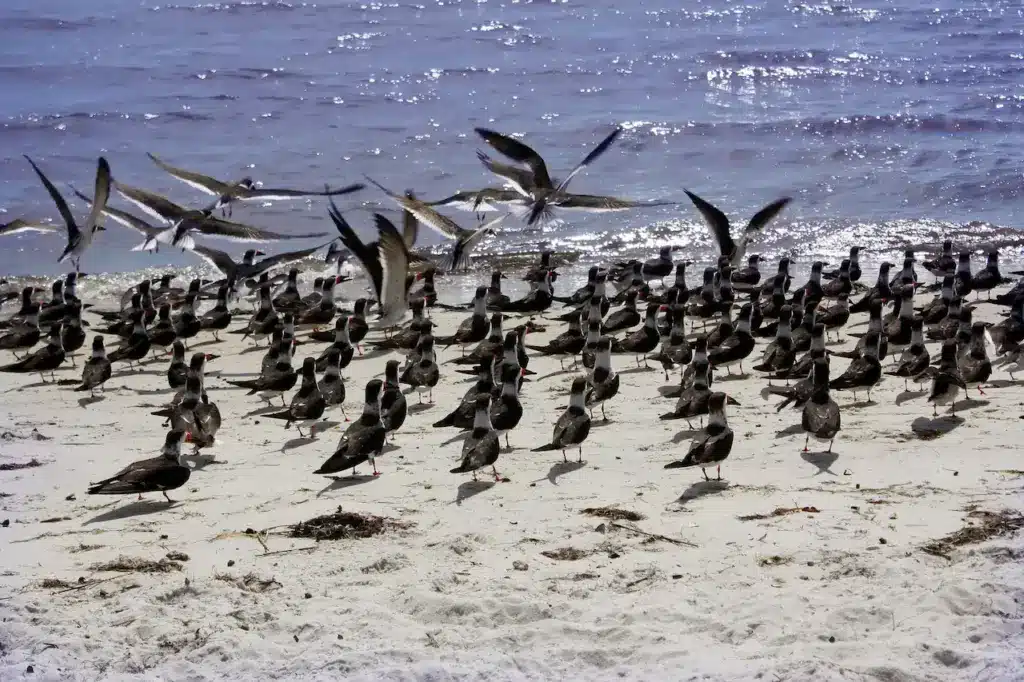
“There are a few organizations working on various aspects of volunteering for the spill. National Wildlife Federation is organizing volunteers in the local areas to help with wildlife monitoring and reporting at this time. We are starting with local individuals, as they have knowledge of the area and local wildlife. As our local teams grow and establish, we will be looking to add individuals from other areas of the country to work with these folks—to become familiar with the local wildlife and also the area. Long-term we will need many volunteers to help with restoring the critical habitat that is and will be lost.” [Click here to learn more about NWF’s monitoring and reporting program. ]
“Oil clean up is the responsibility of BP directly. If you or someone you know is interested in volunteering, please call the Deepwater Horizon Response Volunteer Request Line at 1-866-448-5816.
You can contact your local Department of Natural Resources to learn about any trainings or wildlife rescue organizations in your area that you may be able to take locally.
We appreciate everyone’s willingness to volunteer and hope that you can work with us as we and other agencies phase in volunteers for the response efforts.”
Important Contacts
To help birds, specifically, you can also try the Audubon Action Center.
Donate
You can also help by donating money to any of the wildlife organizations now working in the Gulf. The groups include the National Wildlife Federation, National Audubon and the Natural Resources Defense Council.
